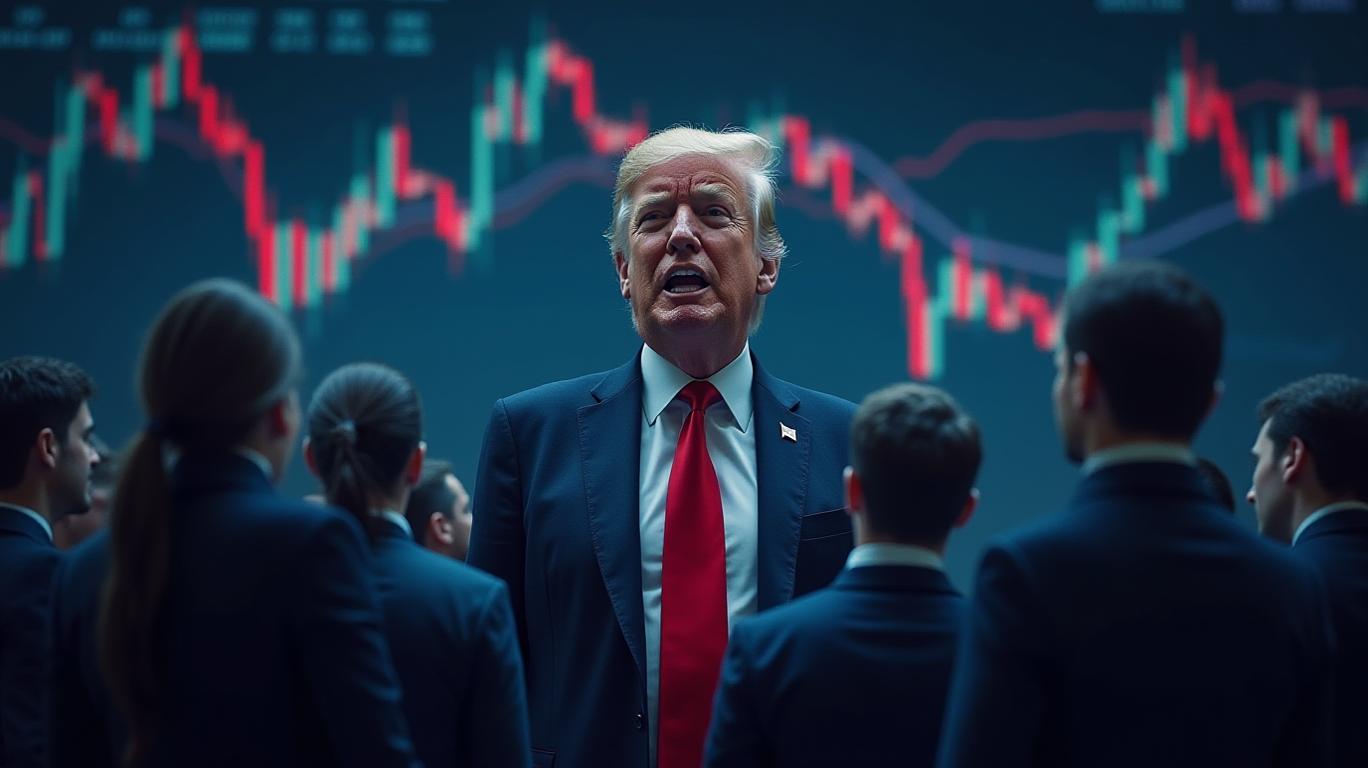Trump's April 2 Tariffs May Trigger Crypto Market Volatility
President Trump has announced plans to implement a new round of reciprocal tariffs on April 2, aiming to reduce the $1.2 trillion trade deficit for the US. He has dubbed this initiative “Liberation Day” for the US economy. This move is expected to have significant implications for the crypto market, as Trump’s earlier tariffs have already triggered liquidations and market volatility.
Trump may delay some of the most aggressive sector-specific tariffs, which could include industries such as autos, semiconductors, and pharmaceuticals. Instead of blanket sector tariffs, the US might focus only on countries with the largest trade surpluses and the highest barriers to US goods, informally referred to as the “Dirty 15”—a group of 10 to 15 countries. However, the decision is still not final, and Trump could still change course, as he has done in past announcements.
“I may give a lot of countries breaks, but it’s reciprocal, but we might be even nicer than that. You know we’ve been very nice to a lot of countries for a long time. But I call it liberation day. April 2nd is liberation day,” the US president announced. Delaying or narrowing the scope of tariffs could ease some pressure on both the stock and crypto markets. As we’ve seen recently, when tariffs seem aggressive, markets often dip. When they seem more measured or delayed, prices often stabilize or rebound.
The April 2 tariff announcement could impact the crypto market in a few key ways, depending on how aggressive or targeted the final policy is. If tariffs are aggressive, risk sentiment is likely to drop, leading to a potential dip in Bitcoin and Ethereum prices as traders hedge against slower global growth and increased inflation risk. Capital flight into USD or cash could trigger short-term outflows from speculative assets like altcoins. For instance, when Trump reaffirmed steep tariffs in February, Bitcoin dropped below $90,000 amid broader market jitters. The same pattern could repeat.
On the other hand, if tariffs are narrowed or delayed, investor anxiety may ease, fueling a short-term recovery in crypto prices, particularly if equity markets also rebound. Increased clarity reduces volatility, which markets—including crypto—tend to reward. For instance, when Trump hinted at flexibility earlier this month, Bitcoin rebounded to around $88,000. Narrower tariffs could spark a similar uptick.
Overall, the crypto market has been highly sensitive to macroeconomic signals lately. Tariffs drive fears of slower global trade and higher inflation, all of which affect investor risk appetite. Even though crypto isn’t directly tied to trade flows, it’s deeply entwined with broader liquidity conditions and investor sentiment.

Quickly understand the history and background of various well-known coins
Latest Articles
Stay ahead of the market.
Get curated U.S. market news, insights and key dates delivered to your inbox.



Comments
No comments yet